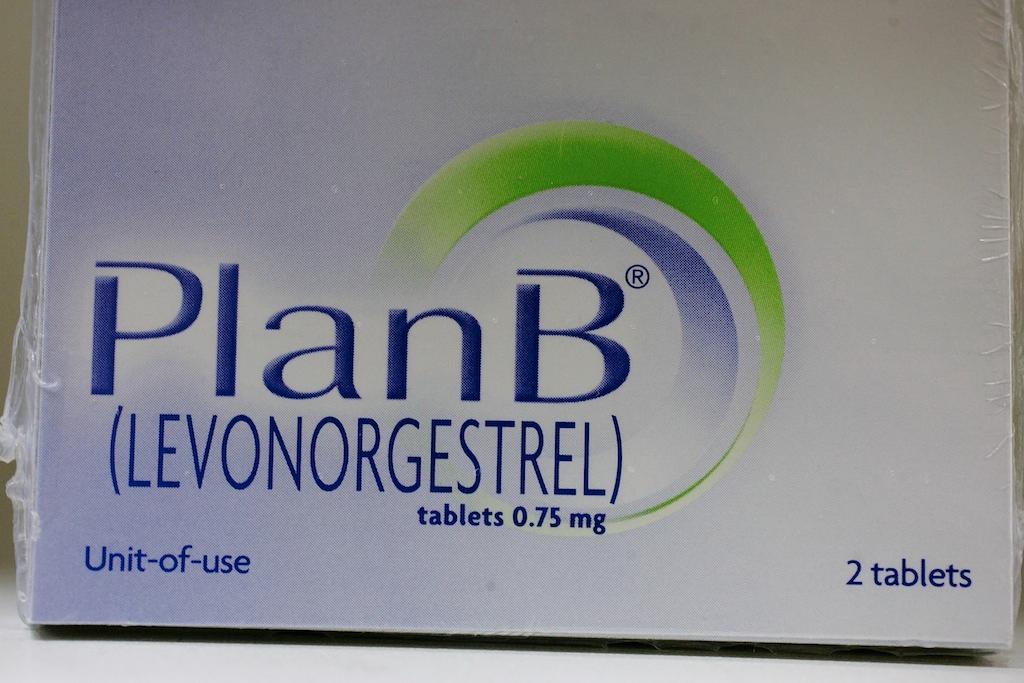Emergency contraception use more than doubles
5.8 million American women reported using an emergency contraception pill, like Plan B, between 2006 and 2010.
The use of emergency contraception by American women has more than doubled in recent years, according to a study released yesterday.
The study by the National Center for Health Statistics (NCHS) surveyed more than 12,000 women and found that 11 percent of sexually active women between the ages of 15 and 44 had used the morning after pill at least once between 2006 and 2010. In 2002, the study said, four percent of women had used the drug.
Fifty-nine percent of women who reported using the morning after pill between 2006 and 2010 said they only used it once, and only 24 percent reported using it twice. About half of the women surveyed said they used the pill to prevent pregnancy after the failure of another contraception method, and half used it as a backup after unprotected sex, according to NPR.
Part of the NCHS's National Survey of Family Growth, this is the first government study to closely examine the use of emergency contraception by American women since it was approved by the FDA 15 years ago. Adults 18 years and older needed a prescription to take the pill until 2006, when the FDA ruled that only women 17 and under should be required to get a doctor's note.
This decision remains controversial, with both the makers of emergency contraception pills and many health experts pushing to widen access to the pill and remove the current age restriction. The FDA's contentious decision was stalled for three years by debates over reproductive rights.
Twenty-three percent of the women who reported using one of the four pills approved by the FDA were between 20 to 24 years old, with women ages 30 to 44 years old accounting for only five percent of all uses. According to ABC, users of the pill were more likely to be white and have at least some college education.
According to a Princeton University report, there are four progestin-only pills specifically marketed as emergency contraception methods approved by the FDA: Plan B One-Step, Next Choice One Dose, Next Choice and Levonorgestrel Tablets. There are about 100 pills marketed as emergency contraceptives outside the US, and Levonorgestrel-only pills are accessible over-the-counter or from a pharmacist without a prescription in 60 countries.
